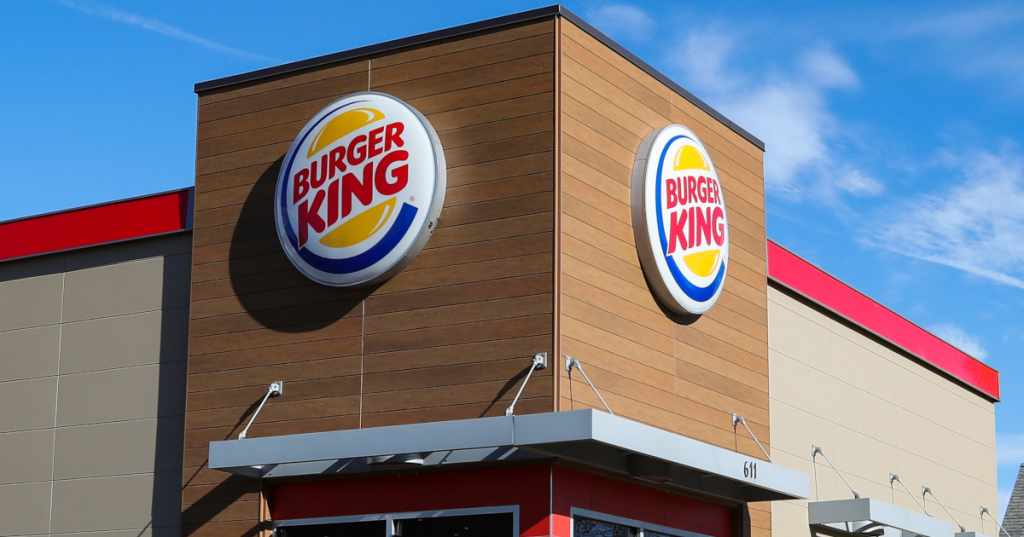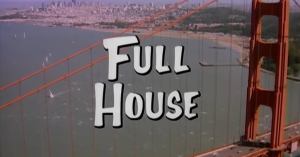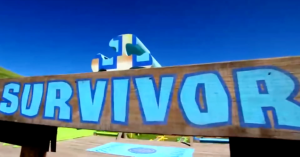A tall tale out of Pittsburgh, Pennsylvania has grown in the telling, and now occupies the national consciousness thanks to social media. The urban legend of the city’s “South Side fake Burger King” were already rich in lore before some internet sleuths began investigating for themselves, and now their findings have been compiled in threads, forums and reports like this one by Cracked. Here’s what we know about this infamous “fake Burger King.”
First things first, photos of this restaurant will immediately raise red flags since it does not have the standard exterior appearance of a Burger King chain or franchise. You might explain that away by the unique location as well as fast food companies’ habit of overhauling their look every few years, but the rabbit hole becomes a free-fall from there. Online reviews for this restaurant are downright frightening, describing fights between customers, poor sanitation and inedible foods. One person on Yelp even reported: “Some shady guy charged me a dollar to use the bathroom.”
Videos by PopCulture.com
The Faltering Illusion
Environmental hazards aside, legends say the restaurant’s product was bad enough to stay away. The food was reportedly served in standard Burger King-branded containers at the start, but before long it started coming in unmarked brown paper bags and styrofoam cups. Customers got their burgers wrapped in tin foil or wax paper from the local grocery store, while fries came in dixie cups rather than their usual purpose-built cardboard containers.
Some witnesses said they had seen employees buying supplies in bulk at the nearest supermarket – including burger buns and other food they would later serve. Meanwhile, some said they could tell that the drinks coming out of the Coca-Cola machine weren’t the right brand – perhaps Pepsi or another cola competitor.
This went on for a while until local reporters tackled the story in early 2014. According to a report by WPXI, Burger King had revoked that location’s franchise months earlier. Corporate cited “repeated complaints” from customers about food quality, but did not mention the other issues facing the restaurant. However, the franchise-holders simply continued to operate the restaurant as usual, and when branded supplies from Burger King stopped arriving, they gradually switched to the generic packaging that caught customers’ attention.
Branding Transition
By then, the name printed on receipts had been changed to “South Side Burgers,” but the store still stuck to every bit of Burger King legitimacy it could. The marquee, signage, and indoor decorations all still proclaimed this a Burger King, and the employees even continued to wear Burger King uniforms. Burger King corporate had reportedly hoped to reopen the location with a new franchise owner, but as far as they could tell, the previous owner had kept the lease on the location for a new restaurant.
Obviously, the switch to generic products was the biggest giveaway that something had changed, but the most colorful urban legends say that the staff went to great lengths to stave off this problem. There are unconfirmed reports that the employees were sent to other nearby Burger King locations to steal signage and promotional materials, and anything else to lend the store some authenticity. However, the store quickly became outdated, unable to keep up with new promotions and practices that were usually coordinated with corporate. They told more and more customers that they were “sold out” of popular menu items they couldn’t replicate on their own, and small touches like the generic condiment packets began to tell their own story.
Reporters Descend
One way or another, the “fake Burger King” was doomed eventually, and its downfall reportedly started with internet sleuths on Reddit. Their efforts on a Pittsburgh subreddit caught the attention of local reporters, who knew that something was up when they visited the scene themselves. An infamous clip from WPXI shows a “security guard” for the restaurant holding off a camera crew, telling the reporter to “please get off our property.”
Once reporters took interest, the staff hastily pulled down the Burger King signage, including the marquee, which left stains in the shape of the letters on the exterior. Eventually, an assistant manager told reporters that they were in the process of “transitioning” to an independent burger joint, but by then they had been using Burger King assets for at least four months.
Redditors helped make the WPXI story viral, vindicated to see all their curiosity paid off. With all that attention, Burger King corporate finally got involved, issuing a public statement to explain the situation. The company stated plans to open a new franchise in that location, but that took quite a while. The restaurant needed a deep clean to begin with, and it ended up getting a full remodel and renovation before it was opened with a completely new staff.
What Have We Done?
Once the restaurant was back to being indistinguishable from any other Burger King, some commenters questioned whether their efforts had been for good or ill. They agreed that a rogue restaurant should not be allowed to ignore all health codes, but they wondered what had become of the dedicated team that kept the charade up for all those months. This story has plenty of tangents that are impossible to verify, but they certainly add flavor to one whopper of an urban legend.









